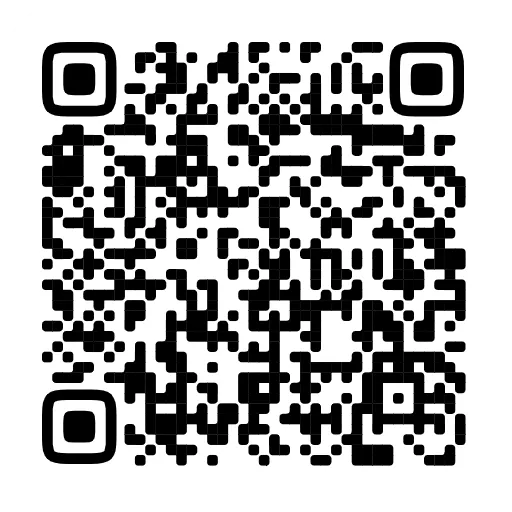How to Use Your Mind. A Psychology of Study
“How to Use Your Mind” is an exceptionally practical handbook on how you can use your mind more effectively to achieve better results in your studies. The book brings value to both students and teachers/lecturers. It explores the basics of comprehension and memorization and shows effective applications of memory in learning. Some of the topics covered are: How to master the art of effective note taking; how to become avidly interested in any subject matter; how to get a mental second wind; and how to get physically conditioned for effective study. Written by Indiana University Professor of Psychology Harry D. Kitson in 1916, “How to Use Your Mind” is today still as contemporary as it was then.
Жас шектеулері: 12+
Қағаз беттер: 141
